
Pulp Nonfiction
“Zippy” creator Bill Griffith’s new book Invisible Ink is a curious masterpiece, merging the real-life personal saga of his mother with the story of the forgotten pulps.
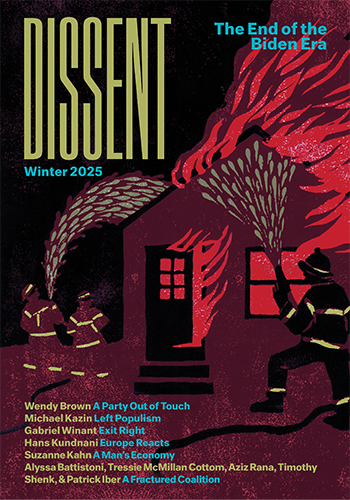

“Zippy” creator Bill Griffith’s new book Invisible Ink is a curious masterpiece, merging the real-life personal saga of his mother with the story of the forgotten pulps.

By reframing war in terms of “moral injury,” philosopher Nancy Sherman dodges the question of who is responsible for its horrors in the first place.

Jane Mayer’s Dark Money is a magisterial portrait of the right-wing billionaires who have “weaponized” conservative philanthropy and pulled the GOP ever further right. Yet Mayer’s account fails to explain something just as alarming: the far-right surge from the grassroots.
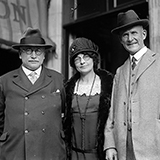
If Bernie Sanders’s presidential run is to herald a new socialist movement, American leftists will have to overcome the combination of sectarianism, repression, and cooptation that doomed their predecessors.
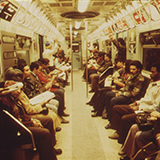
City on Fire—Garth Risk Hallberg’s massive and elaborately constructed novel about New York in the 1970s—offers the contours of the great social novel. But it struggles to reveal the ways in which power actually works.
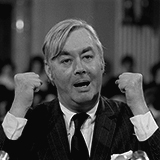
Pundits far and wide portray Daniel Patrick Moynihan as a prophet without honor, whose unpopular message carried great potential but went sadly unheeded. Nothing could be further from the truth.
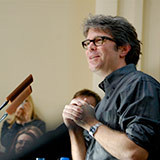
Jonathan Franzen’s quixotic war against the internet
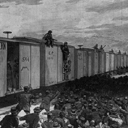
At its most radical, labor republicanism envisioned not only freedom from wage slavery but cooperative self-organization. It also challenged women’s domination in the home—something Alex Gourevitch’s new history misses.


We can appreciate the positive changes LBJ’s Great Society programs brought about without downplaying their weaknesses in conception and execution.
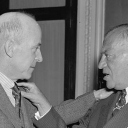
Only a mass movement by union members and sympathetic workers will transform organized labor into the bold agent of change it once was.

In his new book, Peter Pomerantsev depicts Russia as a place that has descended into a madness fed by the television programs that it itself inspires. But a crucial element is missing.

As the divide between finance and everyday life yawns ever wider, fiction has stepped into the gap.
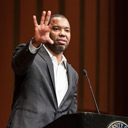
For all his channeling of James Baldwin, Coates seems to have forgotten that black people “can’t afford despair.”

Did Robert Christgau, the self-proclaimed “Dean of Rock Critics,” help kill off his own project?

Sonic Youth’s DIY ethic couldn’t sustain itself in the face of a corporate world eager to market youthful anger like any other commodity. But Kim Gordon’s remarkable new book shows that no matter how institutionalized it became, punk offered a radical way of seeing the world.